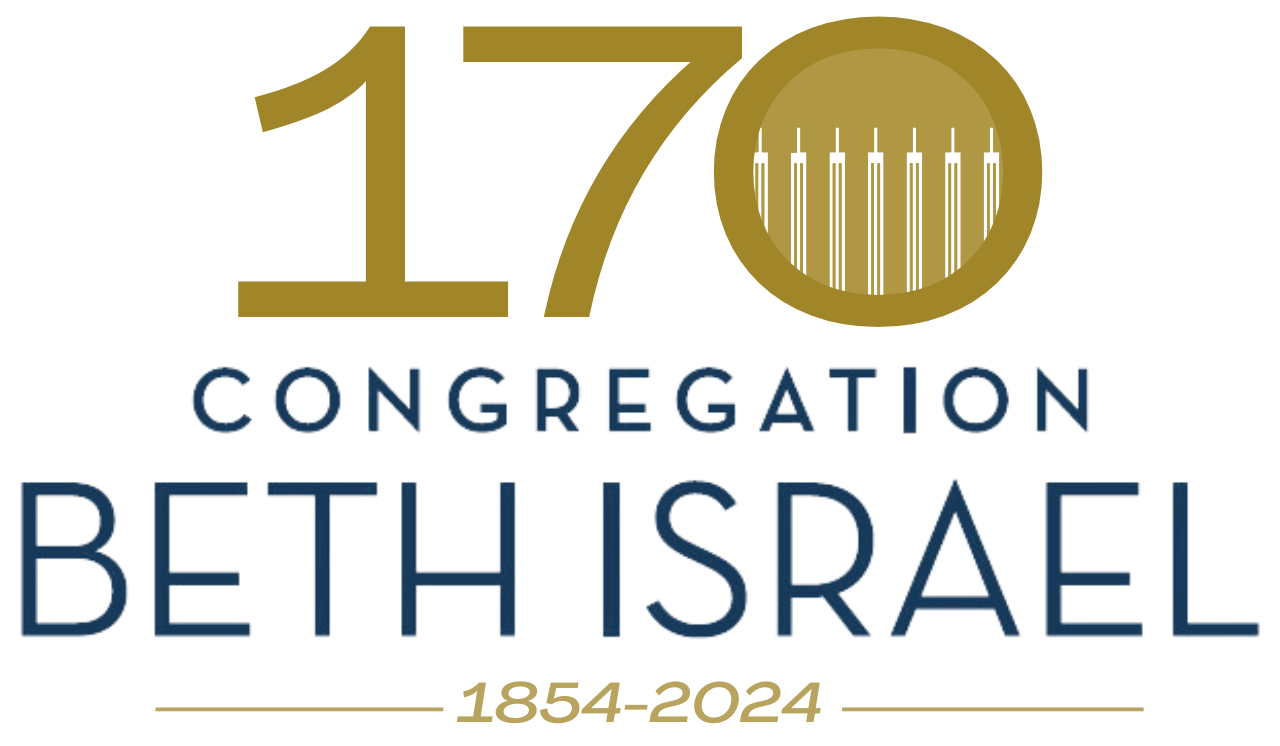I am a Jew
I am a Jew
From the desk of Rabbi David Lyon
You probably don’t know the name, Edmond Fleg (1874-1963). He was a Jewish French writer, thinker, and playwright of the 20th century. During WWI, he joined the French Foreign Legion, to fight for his adopted country. He was later honored for his military service. From 1904 to 1920, he was a successful playwright. His work was influenced by the Dreyfus Affair, in particular, and by world events that captured the attention of a Jewish world in transition, and by the tragic deaths of both his sons, who were killed fighting for France in WWII.
His life experiences are reflected in his writing. One of his pieces, which is familiar to rabbis, is called “I am a Jew” (1927). As you read it for yourself, consider the context from which it was written. After a life of devotion to his adopted country and the distress he observed in the Jewish world, he sought and found meaning in what was always true about him.
I am a Jew
I am a Jew because my faith demands of me no abdication of the mind.
I am a Jew because my faith requires of me all the devotion of my heart.
I am a Jew because in every place where suffering weeps, I weep.
I am a Jew because at every time when despair cries out, I hope.
I am a Jew because the word of the people Israel is the oldest and the newest.
I am a Jew because the promise of Israel is the universal promise.
I am a Jew because, for Israel, the world is not completed; we are completing it.
I am a Jew because, for Israel, humanity is not created; we are creating it.
I am a Jew because Israel places humanity and its unity above the nations and above Israel itself.
I am a Jew because, above humanity, image of the divine Unity, Israel places the unity which is divine. (After Edmond Fleg, “CCAR Rabbi’s Manual”, page 203-4)
Though Fleg identified himself in multiple ways, biographically, it was his Jewish identity that emerged above all others. The circumstances and vicissitudes of his life invested him in a search for who he was at his core. At last, he found his Jewish identity, again. In it he embraced his humanity. Above it, he discovered the divine Unity (God), and ultimately that the people Israel, the only people to which he truly belonged by birth and by covenant, places unity, which is divine, above all.
His was not only a pledge, it was a plea. I believe that Fleg ached to be heard by God, and to be heard by humanity. Though he believed that God surely heard him, he hoped that humanity would hear him, too. And, if humanity would know that the unity of humanity is divine, then the devastation of war, and the persecution of Jews and Israel, would end.
Fleg prayed for a redeemed world. He believed that despite it all, the divine Unity would prevail against man’s indignity to man, and that the future he bequeathed to the next generation would find peace that eluded his own. In the original version of this piece, published in 1927, the last line read, “I am a Jew because in every age when the cry of despair is heard, the Jew hopes.”
In our own time, filled with heightened strains on Jewish life and growing conflicts everywhere, we pray and plead, too. At our core, let us be Jews who never fail to hope.
Rabbi David A. Lyon is Senior Rabbi at Congregation Beth Israel in Houston, TX. Rabbi Lyon serves on the Board of Trustees of the Central Conference of American Rabbis and chairs its professional development committee. He is the author of God of Me: Imagining God Throughout Your Lifetime (Jewish Lights, 2011) available on Amazon.com. He can be heard on “iHeart-Radio” KODA 99.1 FM every Sunday at 6:45am CST. Listeners around the greater Houston area, and now the internet, tune in to hear his words about life and its meaning from a Jewish point-of-view. Each radio program is available as a Podcast, called “Heart to Heart with Rabbi David Lyon”. Click here to listen online, or download the iHeartRadio app.
